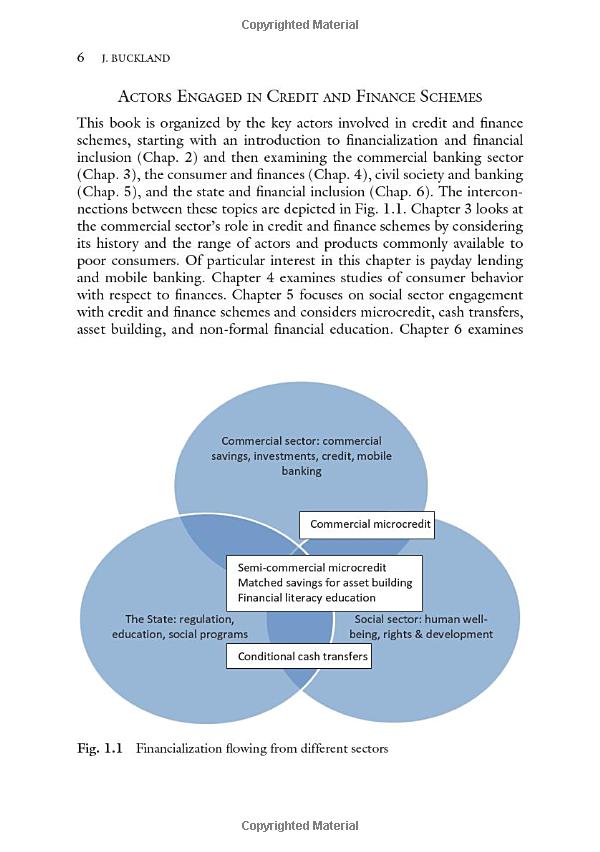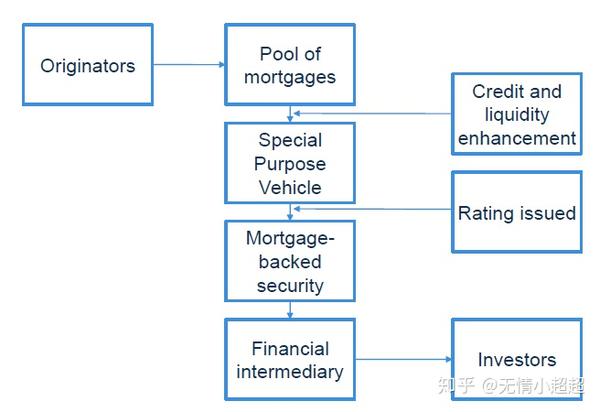Exploring the Different Types of Mortgage Loans: A Comprehensive Guide to Home Financing Options
#### Types of Mortgage LoansMortgage loans are essential financial tools that enable individuals to purchase homes without needing the full purchase price u……
#### Types of Mortgage Loans
Mortgage loans are essential financial tools that enable individuals to purchase homes without needing the full purchase price upfront. Understanding the various types of mortgage loans available can help prospective homeowners make informed decisions about their financing options. In this guide, we will explore the different types of mortgage loans, their features, benefits, and potential drawbacks.
#### Conventional Loans
Conventional loans are the most common type of mortgage loan. They are not insured or guaranteed by the federal government, which means they typically require a higher credit score and a larger down payment compared to government-backed loans. Conventional loans can be either conforming or non-conforming. Conforming loans adhere to the guidelines set by Fannie Mae and Freddie Mac, while non-conforming loans do not meet these standards, often due to the loan amount exceeding the limits set by these agencies.
**Benefits:**
- Potentially lower interest rates for borrowers with good credit.
- Flexibility in terms of loan amounts and terms.
**Drawbacks:**
- Stricter credit and income requirements.
- Higher down payment requirements, often around 20%.
#### FHA Loans
Federal Housing Administration (FHA) loans are a popular choice for first-time homebuyers or those with less-than-perfect credit. These loans are backed by the government, which allows lenders to offer more favorable terms, such as lower down payments and more lenient credit requirements.

- Down payments as low as 3.5%.
- Lower credit score requirements, making homeownership accessible to more people.
- Mortgage insurance premiums (MIP) are required, which can increase overall loan costs.
- Loan limits may be lower than conventional loans.
#### VA Loans
Veterans Affairs (VA) loans are designed for eligible veterans, active-duty service members, and certain members of the National Guard and Reserves. These loans are backed by the VA, allowing for no down payment and no private mortgage insurance (PMI) requirement.
- No down payment required.
- No PMI, which can lead to lower monthly payments.

- Limited to eligible veterans and service members.
- A funding fee may be required, which can be rolled into the loan amount.
#### USDA Loans
U.S. Department of Agriculture (USDA) loans are aimed at promoting homeownership in rural areas. These loans are designed for low to moderate-income borrowers who meet specific eligibility requirements.
- Competitive interest rates and reduced mortgage insurance costs.
- Geographic and income restrictions may limit eligibility.
- Must be used for primary residences in eligible rural areas.
#### Jumbo Loans

Jumbo loans are non-conforming loans that exceed the conforming loan limits set by Fannie Mae and Freddie Mac. These loans are typically used for purchasing luxury homes or properties in high-cost areas.
- Ability to finance high-value properties.
- Flexible terms and conditions depending on the lender.
- Stricter credit requirements and larger down payments, often 20% or more.
- Higher interest rates compared to conforming loans.
#### Conclusion
Understanding the various types of mortgage loans available is crucial for anyone looking to buy a home. Each loan type has its unique features, benefits, and drawbacks, making it essential to assess your financial situation and homeownership goals before choosing the right mortgage. Whether you opt for a conventional loan, an FHA loan, a VA loan, a USDA loan, or a jumbo loan, being informed will empower you to make the best decision for your future.